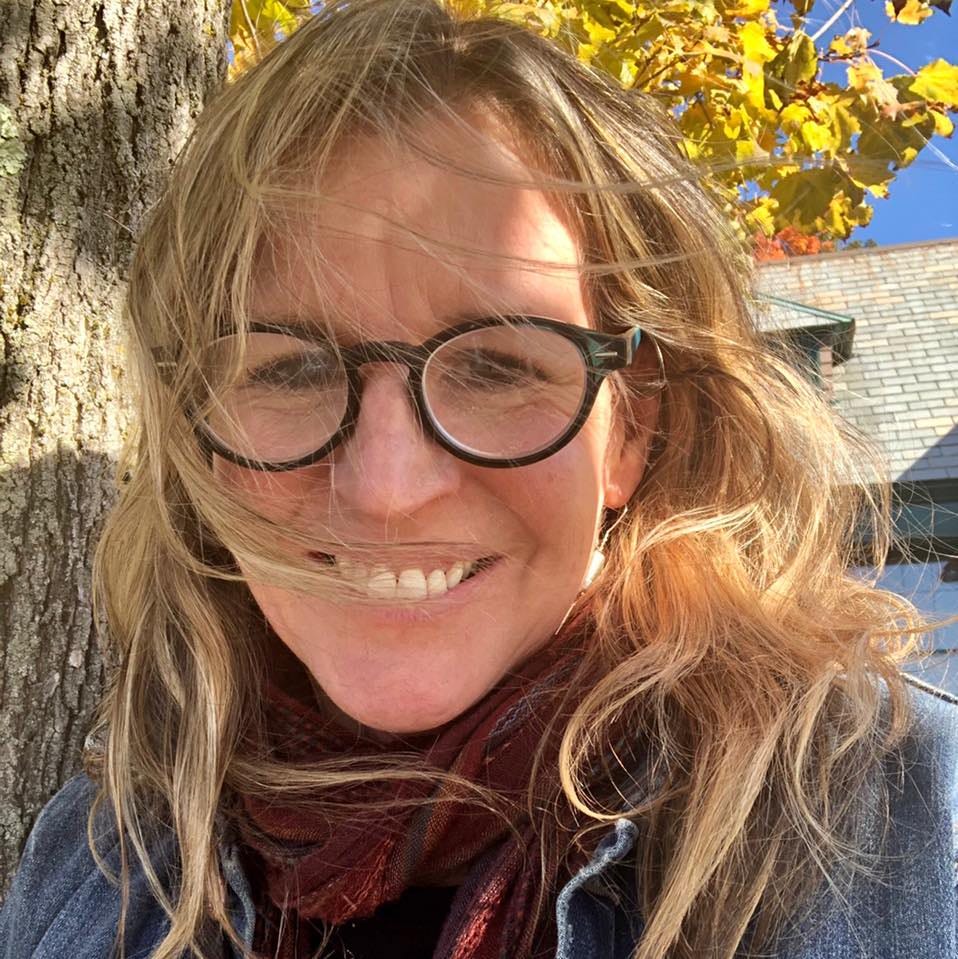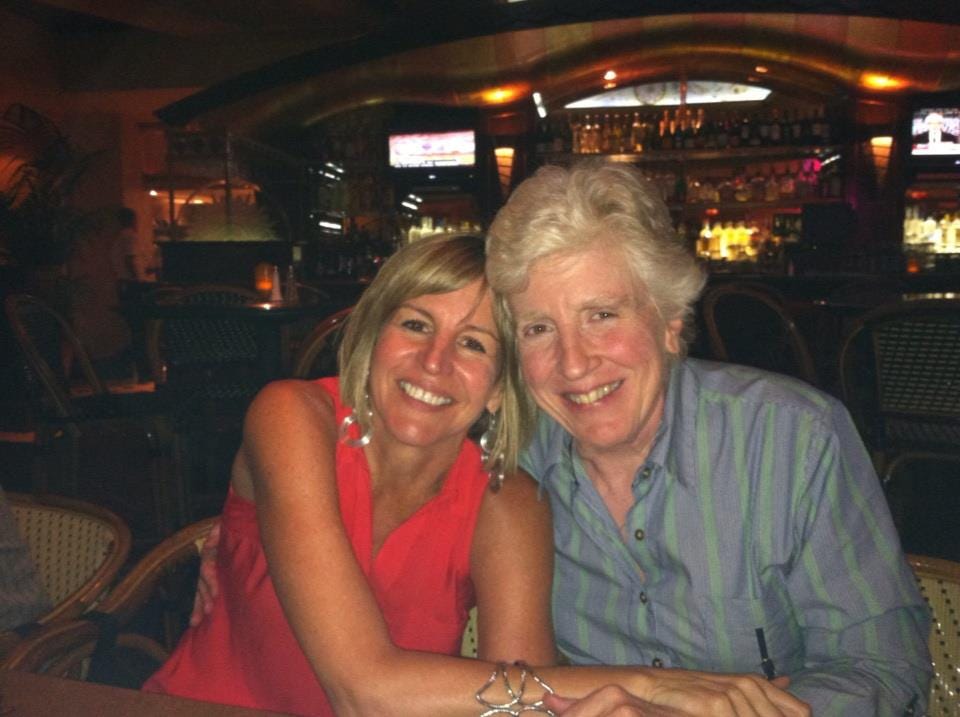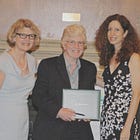Sharing myself
Kassie taught me the importance of sharing myself with my readers so that they can see themselves in my writing.
“Where are you on the page?” Kassie asked, leaning toward me across the table.
I sat back in my chair, putting as much distance as I could between us. What did she mean, “Where am I?” Exactly where I should be—nowhere! Much like a journalist, I purposefully kept my distance from the stories I wrote. “Just the facts, ma’am”—that was my approach to writing.
Going into my first residency in the Solstice MFA Program, I’d chosen to focus on creative nonfiction, a genre I didn’t completely understand. However, compared to the fiction or poetry classes offered by Solstice, I knew nonfiction was closest to whatever it was I wanted to write.
I felt pretty confident about the pieces I’d submitted for the residency. After all, I’d already published over twenty-five software books, so I knew about writing and publishing. I understood that personal essays were different from tech writing, but I still believed I could pull it off.
All the participants in this session had already read my first submission. As part of the workshop process, I had just finished reading an excerpt aloud when Kassie began her questions.
“I want to know what’s going on with you while all this is happening,” she continued. “How are you feeling about the people in your story and what they’re facing? How is it affecting you?”
I choked down bile rising in my throat. I looked toward the door, contemplating my escape. When I finally spoke, I composed myself as much as possible to defend my position. “This piece is about the impact of Hurricane Katrina on the people displaced by it. It’s an important story.” Even to me, my voice sounded robotic and aloof. I then added, even more emphatically, “It’s not about me.”
Kassie looked at me, a wry and knowing smile forming on her face. “But it is,” she said. With those words, she sat back in her chair.
Uncertain how to respond, I stared at her but said nothing more.
I didn’t want my writing to be about me. And although I didn’t want to admit it at the time, it also felt scary. Perhaps that was the real reason my stomach churned.
Long before she ever laid eyes on me, Kassie had volunteered to be my student mentor, i.e., to answer my questions and show me the ropes of the Solstice program. To her frustration, I didn’t make time in my schedule for her, so when we finally connected over the phone, she ribbed me about it.
“I’m not taking it personally,” she joked, “If you don’t want to talk to me, it’s OK.”
I assured her it wasn’t personal, but as always, I had too many things on my plate. I told her that I looked forward to the upcoming residency, but it seemed light years away. I had already submitted my two required pieces that would be workshopped and felt I had done everything I could to prepare. What I didn’t know then is that I hadn’t adequately prepared myself to be critiqued.
When Kassie insisted that the meaning of my stories would be better conveyed by revealing my responses, feelings, and reflections on the story, I balked. I didn’t come to Solstice to write memoir. That struck me as self-centered and pointless. What I soon realized is that maybe that’s exactly what I wanted to write but didn’t know how.
Since that first workshop, and Kassie’s gentle but persistent questions as I continued my studies, I’ve learned that, in its best form, memoir is not about the author, despite the presence of “I” pronouns. Memoir is a powerful gift in which the writer shares their vulnerabilities and lessons with others so that readers might, in turn, better understand themselves. The author’s experiences only serve as illustrations of a universal truth. No easy task for the writer or the reader.
Kassie put me on the path of seeing my writing through others’ eyes, of digging deeper inside myself to discover my own truths, and then finding the best words to express them on the page. I’ll never forget Kassie’s first challenge to me and I’m forever grateful that over the course of the program, she cared enough to push me to understand it.
Next post:






Yes. And to me, sort of like the best preaching. Giving yourself in service to the larger story. It’s about you, but not really. It vibrates and resonates with the strings inside the heart, spirit, soul of the listener, the reader.